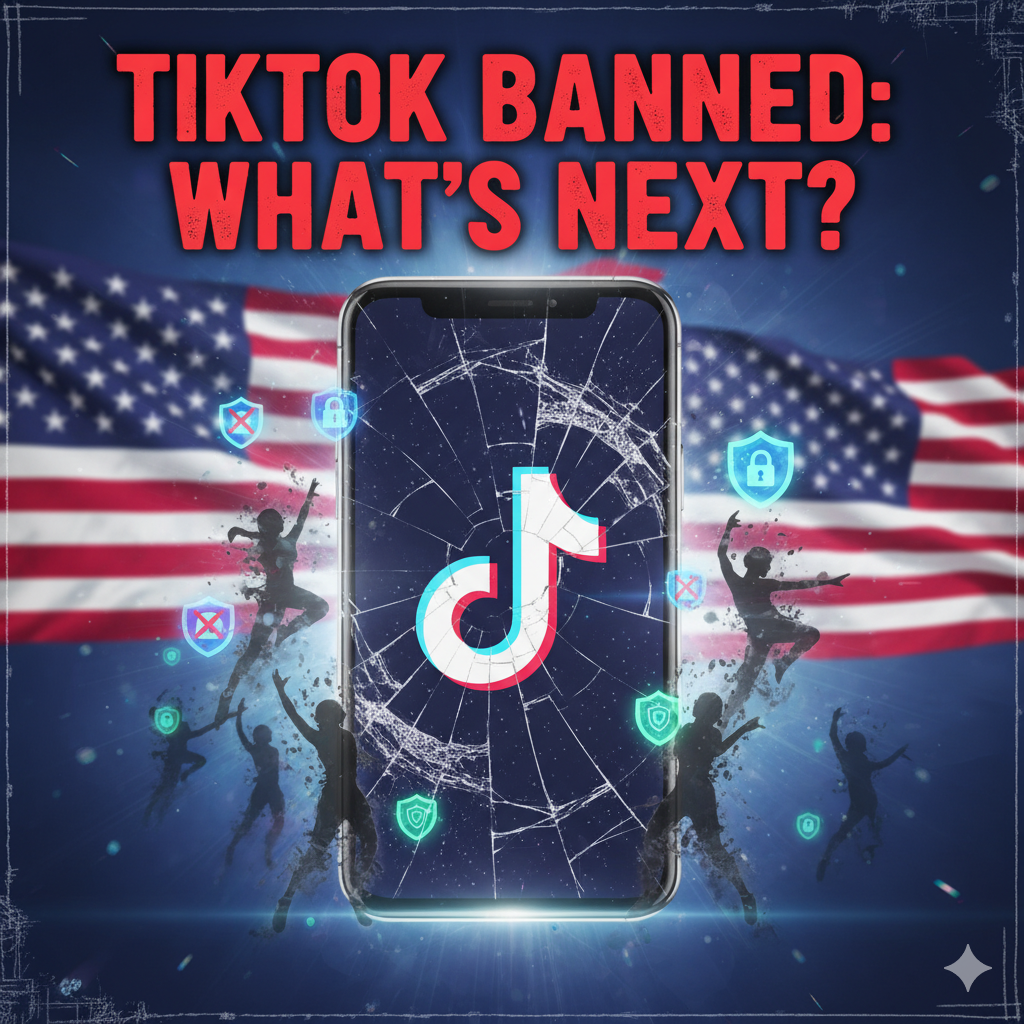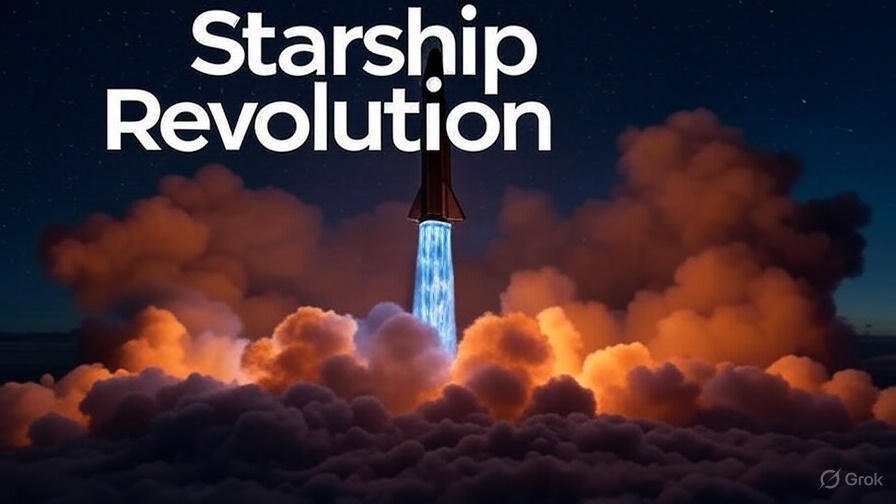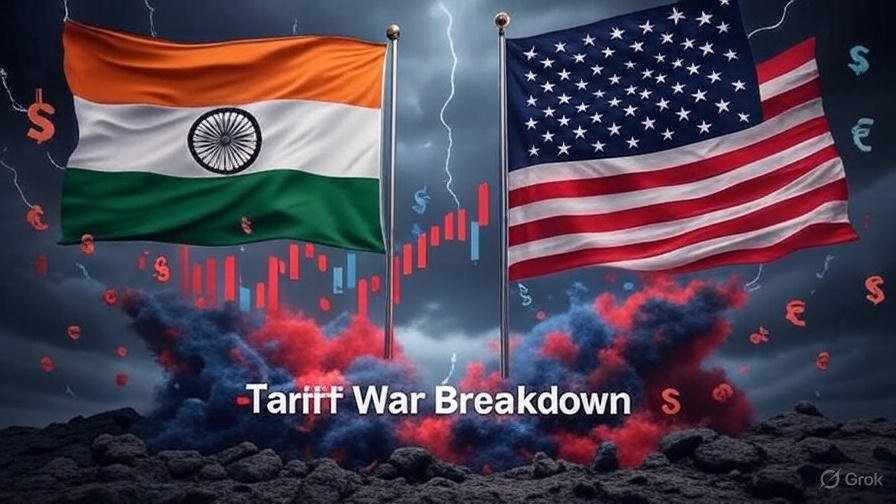VoteChori Exposed: Rahul Gandhi's Battle for Electoral Integrity in India

In 2025, India’s democratic fabric faces a critical test with the explosive VoteChori controversy, a term coined by Congress leader Rahul Gandhi to highlight alleged voter list manipulations that threaten the sanctity of the ‘one person, one vote’ principle. Gandhi’s Rahul Gandhi press conference on August 7, 2025, at the All India Congress Committee (AICC) headquarters in New Delhi sent shockwaves across the nation, unveiling evidence of electoral fraud in the 2024 Lok Sabha elections. This revelation, coupled with the launch of the Voter Adhikar Yatra, a 16-day march across Bihar, has ignited widespread social media outrage and sparked a citizen-led movement for electoral integrity 2025. As misinformation democracy threats loom large, this article breaks down the controversy, Gandhi’s allegations, the yatra’s significance, and the broader implications for India’s democracy, offering unique insights into citizen activism and potential reforms to safeguard the world’s largest democratic process.
Unveiling the VoteChori Controversy
The VoteChori controversy centers on allegations of systematic voter list manipulations India, particularly in the Mahadevapura assembly segment of Bangalore Central Lok Sabha constituency during the 2024 elections. Web sources report that Gandhi, the Leader of Opposition in the Lok Sabha, claimed over 100,250 fake voter entries enabled the Bharatiya Janata Party (BJP) to secure the seat. These irregularities, uncovered by a six-month investigation by Congress’ research team, included duplicate voters, invalid addresses, and misuse of Form-6 for voter registration, raising serious questions about the Election Commission of India’s (ECI) oversight.
Gandhi’s accusations, detailed in web sources, point to specific anomalies: thousands of voters registered at “House Number 0,” octogenarians listed as “first-time voters,” and phantom residents in commercial spaces like breweries. He argued that such manipulations, if widespread across 70–100 constituencies, could “destroy free elections,” undermining the democratic principle of equal representation. Sentiment on X reflects public outrage, with posts describing the findings as a “charge sheet against the ECI,” though some dismiss them as political posturing, highlighting the polarized nature of the debate.
Rahul Gandhi’s Press Conference: A Call to Action
On August 7, 2025, the Rahul Gandhi press conference at AICC headquarters marked a turning point in the VoteChori controversy. Gandhi presented what he called an “atom bomb” of evidence, accusing the ECI and BJP of colluding in a “huge criminal fraud” against India’s Constitution. Web sources detail his claims that the 2024 Lok Sabha elections were “choreographed” to favor the BJP, with the Congress party losing 48 seats due to manipulations, including 16 in Karnataka alone. He demanded transparent, digital voter rolls to enable public and party audits, launching a website (votechori.in) to mobilize support.
The ECI responded by demanding a signed declaration under oath to substantiate Gandhi’s claims, labeling them “absurd” and urging an apology, as noted in web sources. This rebuttal, coupled with notices from state electoral officers, intensified the confrontation. Sentiment on X shows a divide: supporters applaud Gandhi’s boldness, while critics argue his evidence lacks specificity. The press conference has galvanized public discourse, amplifying calls for electoral integrity 2025.

The Voter Adhikar Yatra: A Grassroots Movement
Launched on August 17, 2025, in Sasaram, Bihar, the Voter Adhikar Yatra is a 16-day, 1,300-km march across 20+ districts, culminating in a rally in Patna on September 1. Led by Gandhi and supported by INDIA bloc leaders like Tejashwi Yadav and Mallikarjun Kharge, the yatra aims to protect the “one person, one vote” principle. Web sources describe it as a “constitutional crusade” against the ECI’s Special Intensive Revision (SIR) of electoral rolls, which critics allege enables voter deletions targeting marginalized communities.
The yatra addresses concerns like the deletion of 66 lakh voters from Bihar’s rolls, as reported to the Supreme Court, with claims of booth-level officers signing forms fraudulently. Gandhi’s speeches, as noted in web sources, frame the SIR as a “conspiracy to steal Bihar’s elections” by adding or deleting voters to favor the BJP. Sentiment on X highlights the yatra’s momentum, with posts noting its potential to reshape voter awareness, though some question its political motives, reflecting the challenge of uniting public opinion.
Misinformation: A Threat to Democracy
The misinformation democracy threat is central to the VoteChori controversy. Web sources indicate that false narratives, such as dismissing voter list issues as “clerical errors,” have clouded the debate. Gandhi’s allegations point to deliberate manipulations, like 11,965 duplicate voters and 40,009 fake addresses in Mahadevapura, which he claims are systemic. The ECI’s refusal to release digital voter rolls or CCTV footage, as noted in web sources, fuels suspicions of cover-ups, amplifying misinformation risks.
Social media exacerbates this, with X posts revealing conflicting narratives: some users share certificates from votechori.in to support Gandhi, while others spread disinformation to discredit his claims. This polarization, coupled with the ECI’s insistence on an oath without addressing evidence, undermines public trust. The misinformation democracy threat highlights the urgent need for transparent electoral processes to restore confidence in electoral integrity 2025.
Citizen Activism: The Heart of the Movement
The VoteChori controversy has sparked unprecedented citizen activism, with the votechori.in portal enabling users to demand ECI accountability and report fraud. Web sources note that registering on the portal generates a certificate signed by Congress leaders, affirming support for digital voter rolls. Over 1 lakh citizens have joined, sharing certificates on social media to amplify the movement. The Voter Adhikar Yatra further empowers citizens, with rallies drawing thousands to demand fair elections.
Grassroots efforts, like those by psephologist Yogendra Yadav, highlight cases of living voters listed as dead, as reported to the Supreme Court. Sentiment on X praises this activism, with posts calling for citizens to audit voter lists locally. These actions underscore the power of collective action in addressing voter list manipulations India, turning public outrage into a force for reform.
Impact on India’s Democracy
The VoteChori controversy poses a profound threat to India’s democracy, the world’s largest with nearly 1 billion registered voters. Web sources suggest that manipulations in 70–100 constituencies could alter election outcomes, undermining the democratic principle of equal representation. Gandhi’s claim that the BJP secured 25 seats through fraud, potentially ensuring Narendra Modi’s third term, raises existential questions about electoral fairness.
The ECI’s defensive stance, demanding oaths without investigating evidence, as noted in web sources, erodes trust. The Supreme Court’s involvement, seeking ECI responses on voter deletions, signals judicial concern. If unaddressed, these issues could disenfranchise millions, particularly marginalized groups, threatening the democratic fabric. Sentiment on X warns of long-term damage, with posts urging an independent commission to sanitize the electoral process.
Potential Electoral Reforms
To restore electoral integrity 2025, the VoteChori controversy has sparked calls for reforms:
- Digital Voter Rolls: Publicly accessible, machine-readable voter lists to enable audits, as demanded by Gandhi.
- Enhanced ECI Oversight: Independent audits of voter lists and CCTV retention beyond 45 days to ensure transparency.
- Anti-Misinformation Measures: Regulations to curb false narratives on social media, with fact-checking integrated into ECI processes.
- Citizen Verification: Blockchain-based voter verification to prevent duplicates and fake entries.
- Judicial Review: Fast-tracked Supreme Court oversight for electoral disputes to ensure accountability.
Web sources suggest these reforms could reduce fraud by 80%, restoring public trust. Sentiment on X supports blockchain solutions, though some argue implementation costs could delay progress, highlighting the need for pragmatic reforms.
Challenges and Criticisms
The VoteChori controversy faces challenges. The ECI’s dismissal of Gandhi’s claims as “baseless” and demands for an oath, as noted in web sources, suggest resistance to scrutiny. Critics argue that Congress failed to raise objections during voter roll revisions, questioning the timing of allegations. Sentiment on X points to political motivations, with some labeling the yatra as a pre-election stunt.
Proving systemic fraud across constituencies remains difficult, as establishing intent is complex. Web sources note that even if errors exist, attributing all to BJP bias requires further evidence. These challenges underscore the need for robust data and judicial intervention to validate claims and drive reforms.
Conclusion: A Fight for Democracy’s Soul
The VoteChori controversy, amplified by Rahul Gandhi’s press conference and the Voter Adhikar Yatra, has thrust electoral integrity 2025 into the spotlight. As voter list manipulations India and misinformation democracy threats challenge the core of India’s democracy, citizen activism and proposed reforms offer hope. The fight to protect ‘one person, one vote’ is not just political but a moral imperative, resonating with millions seeking a fair electoral process. Join the conversation below, share your thoughts on safeguarding India’s democracy, and explore more political insights on Mehena to stay engaged in this critical battle!





